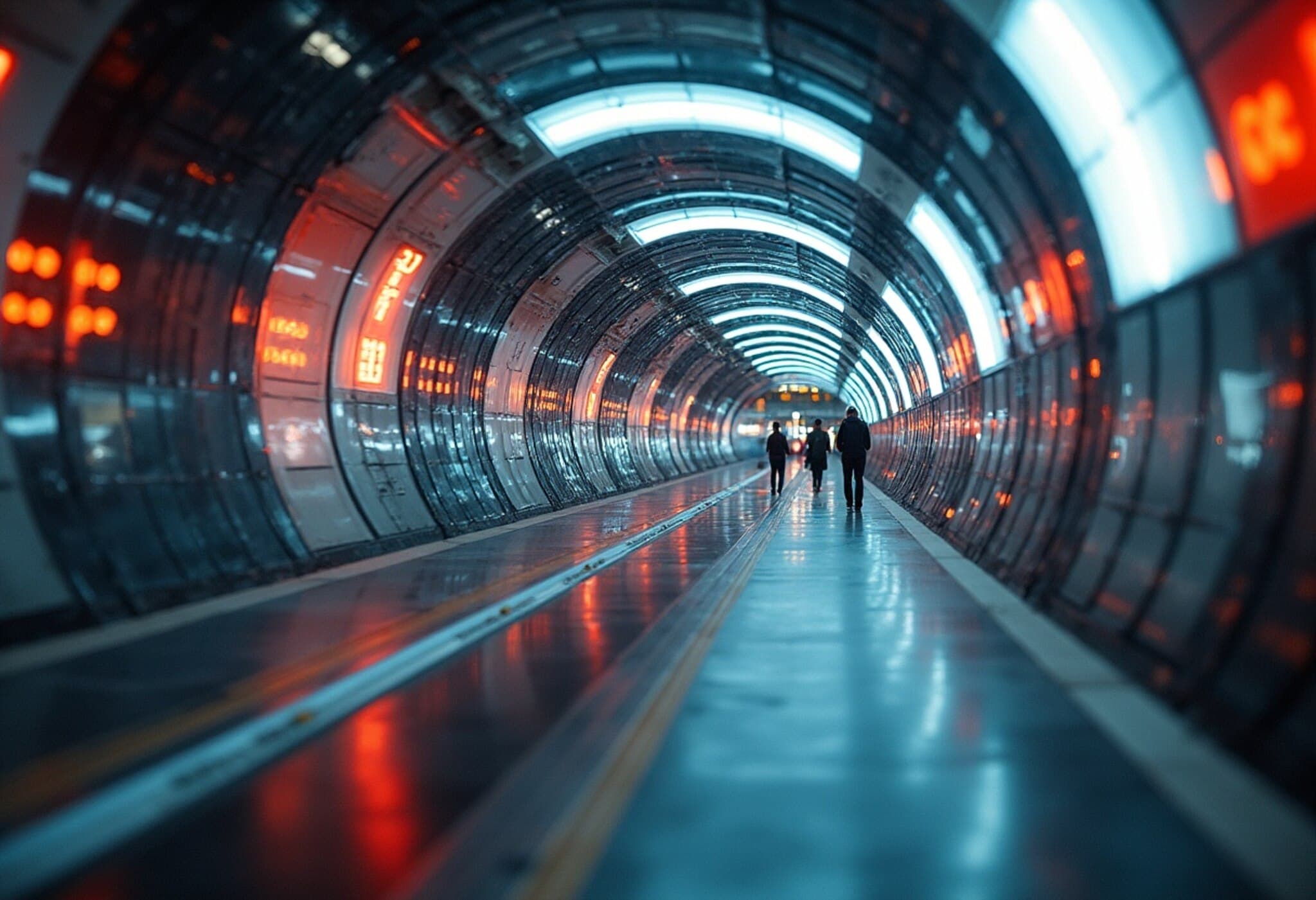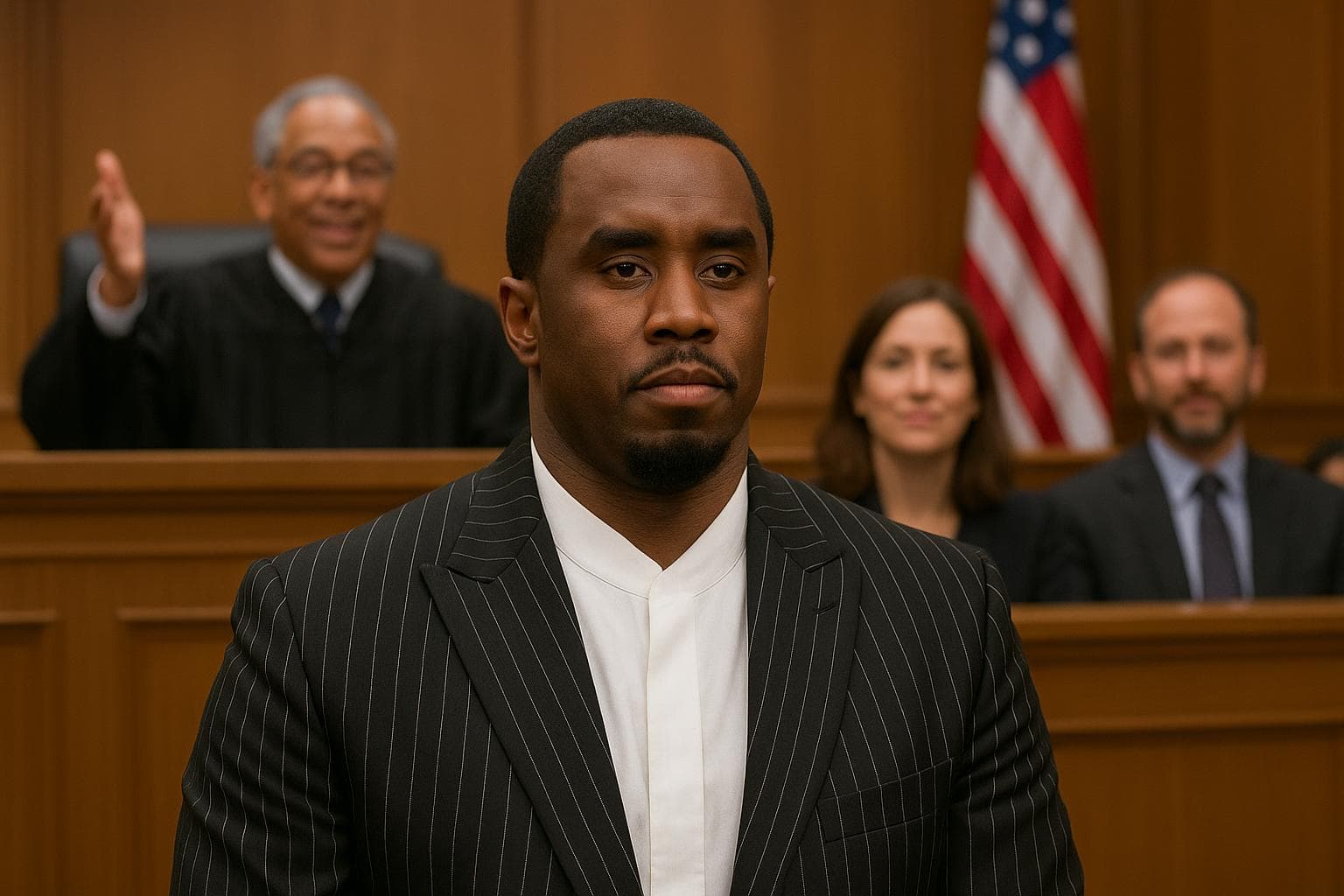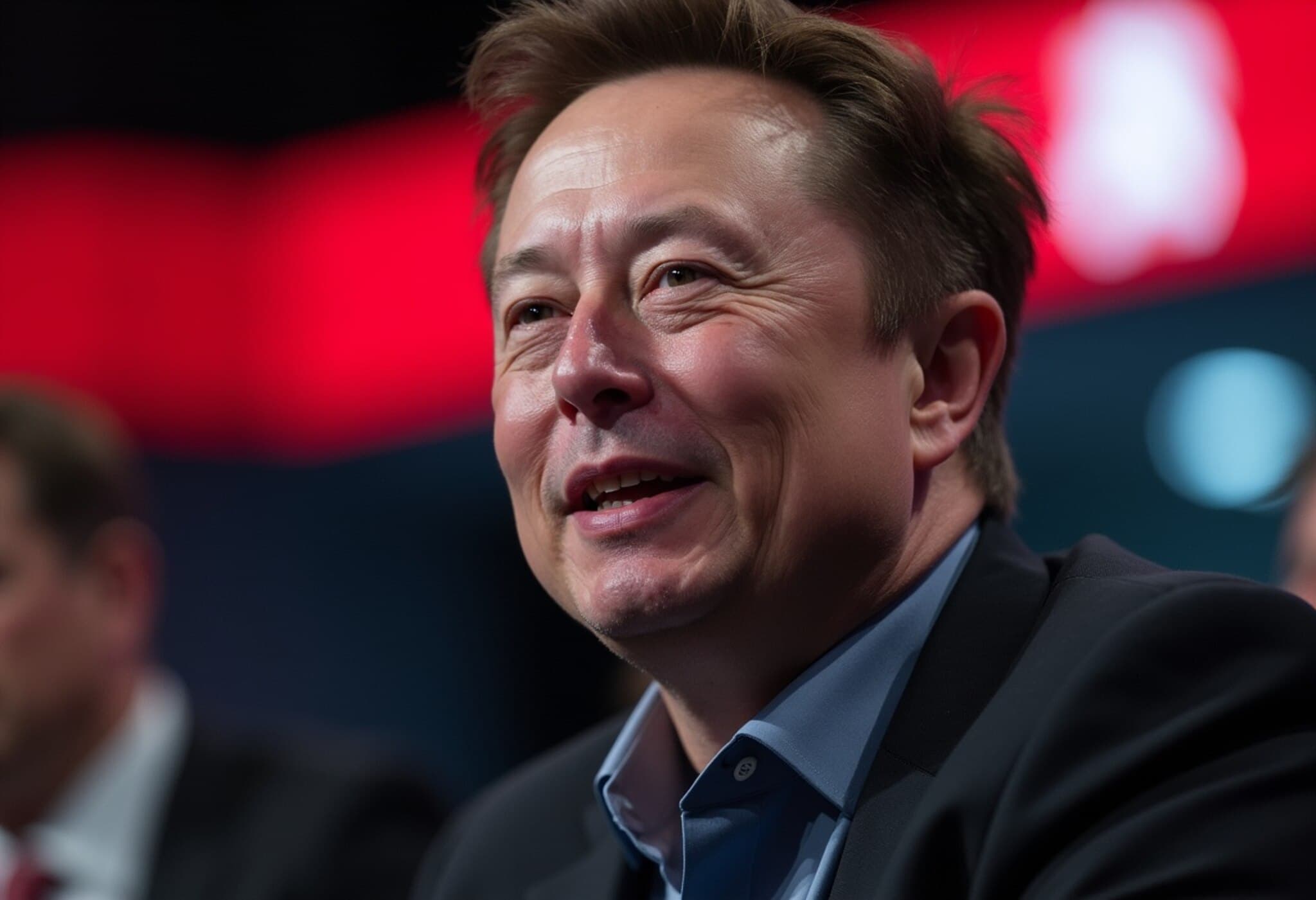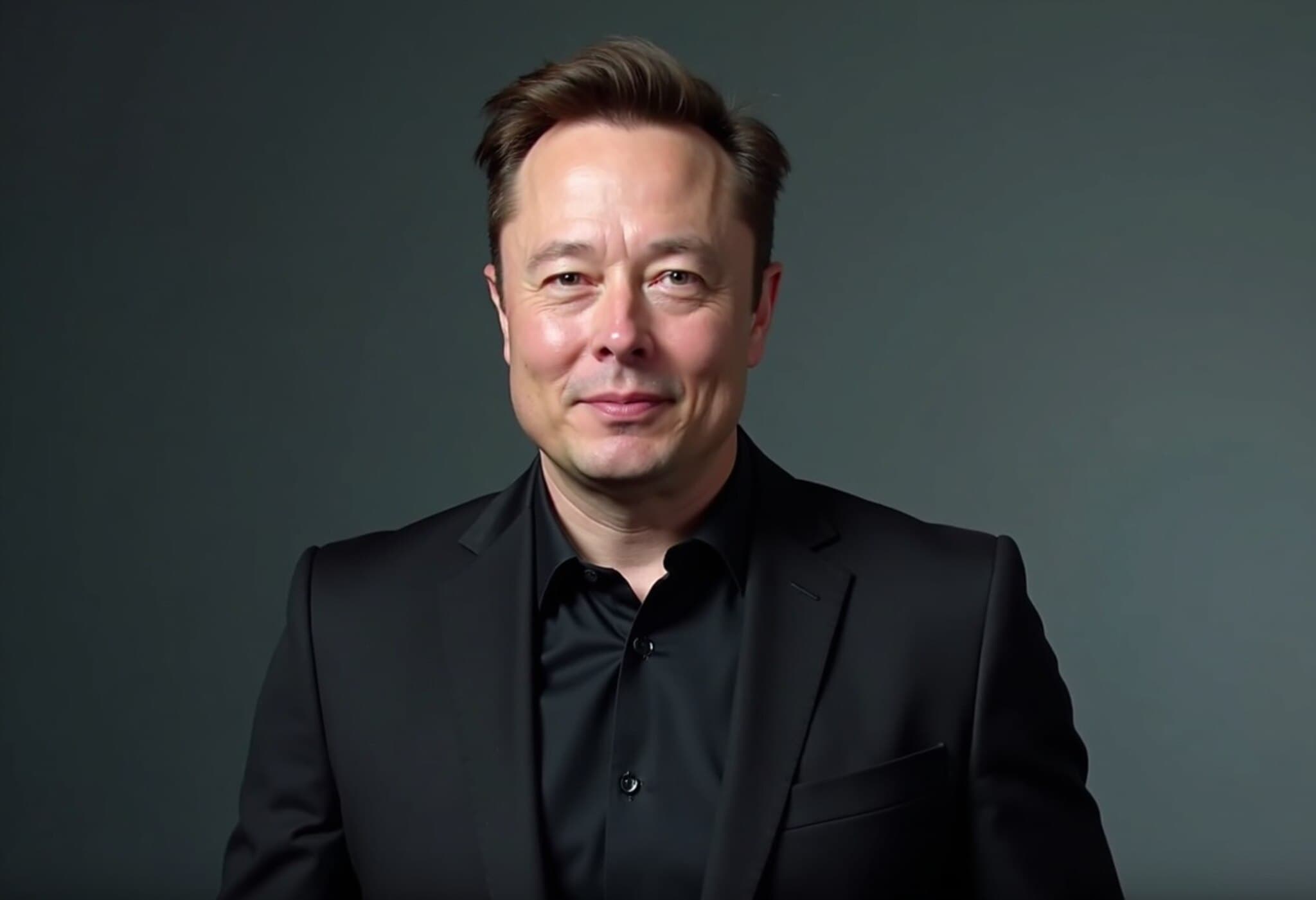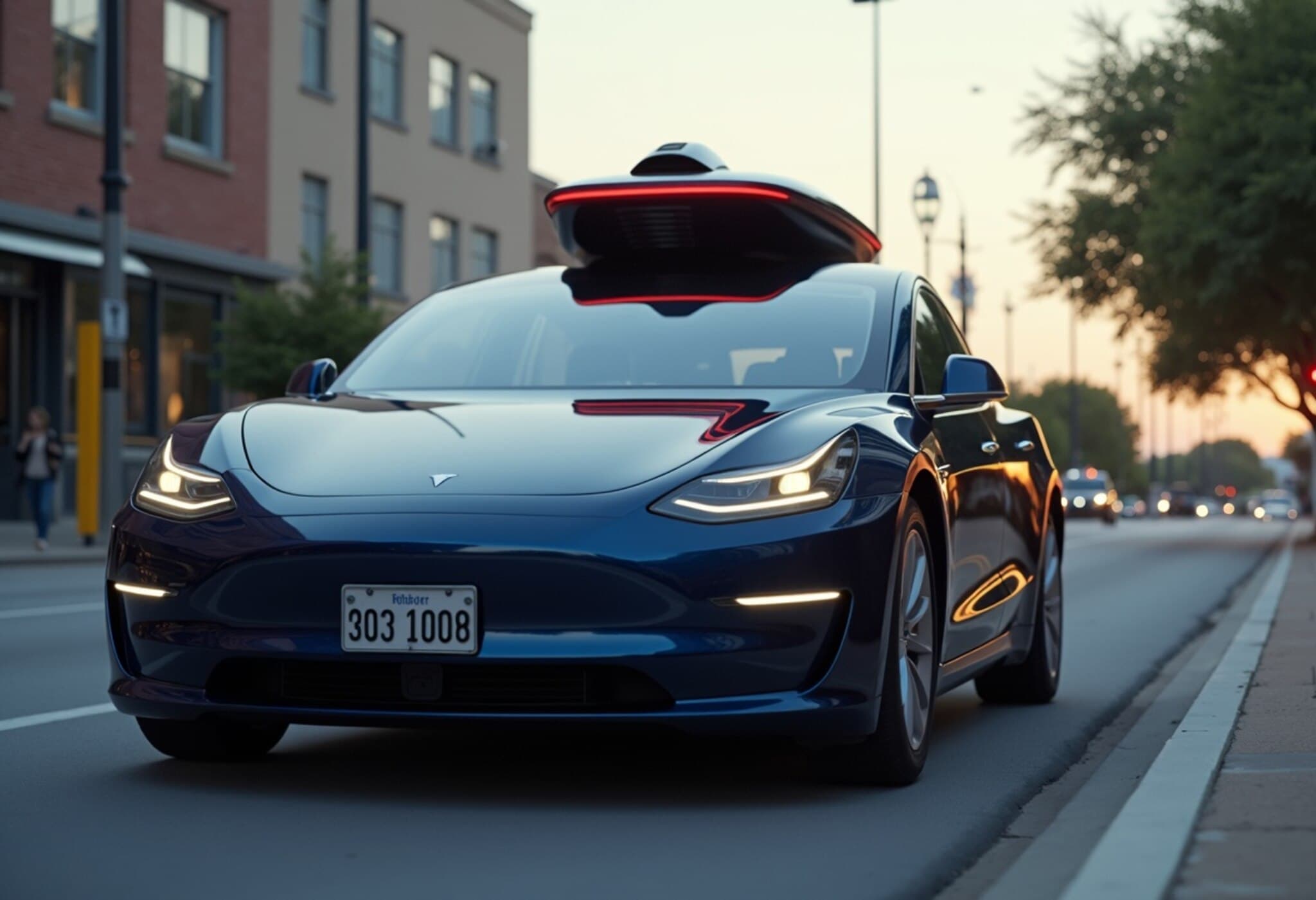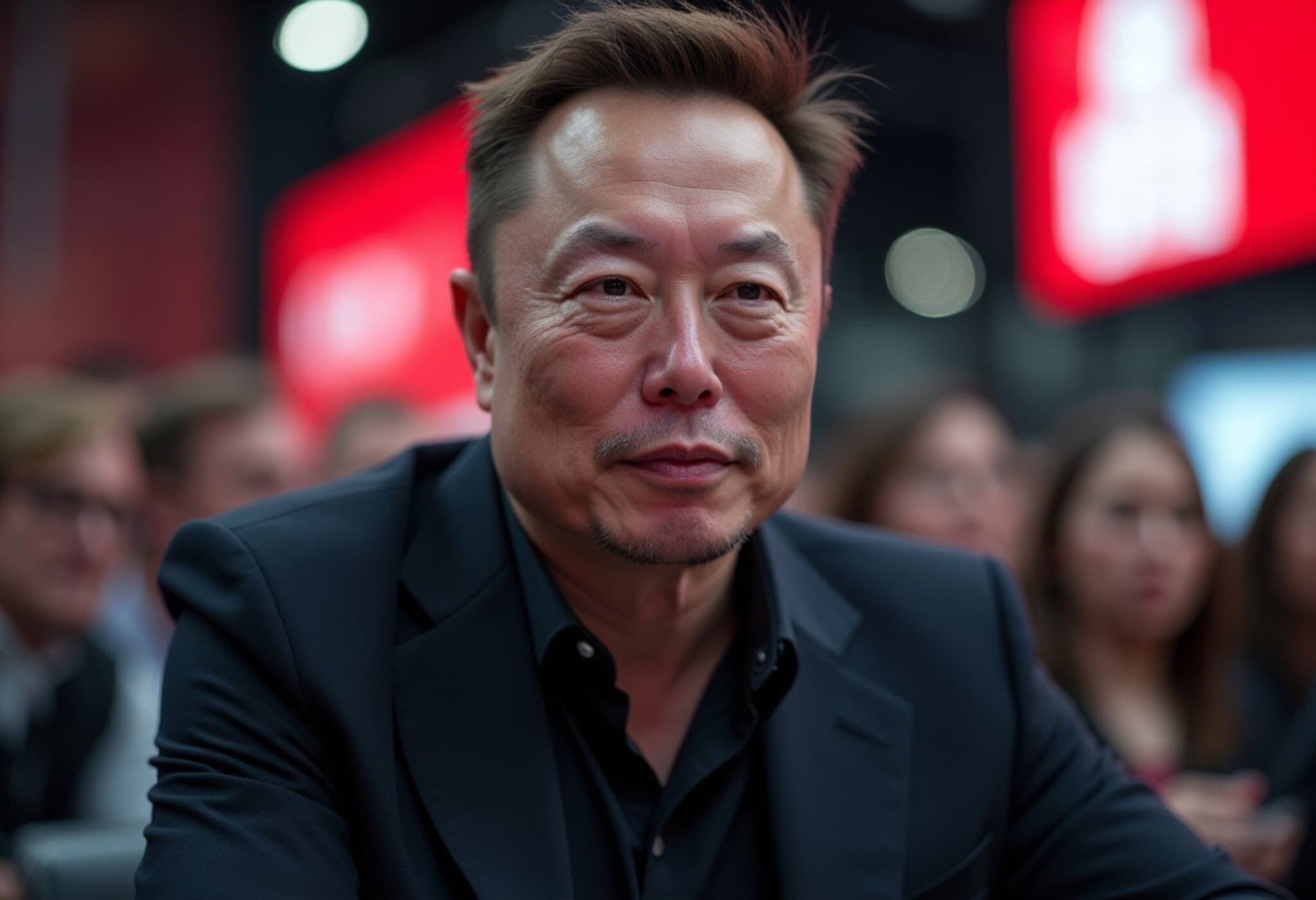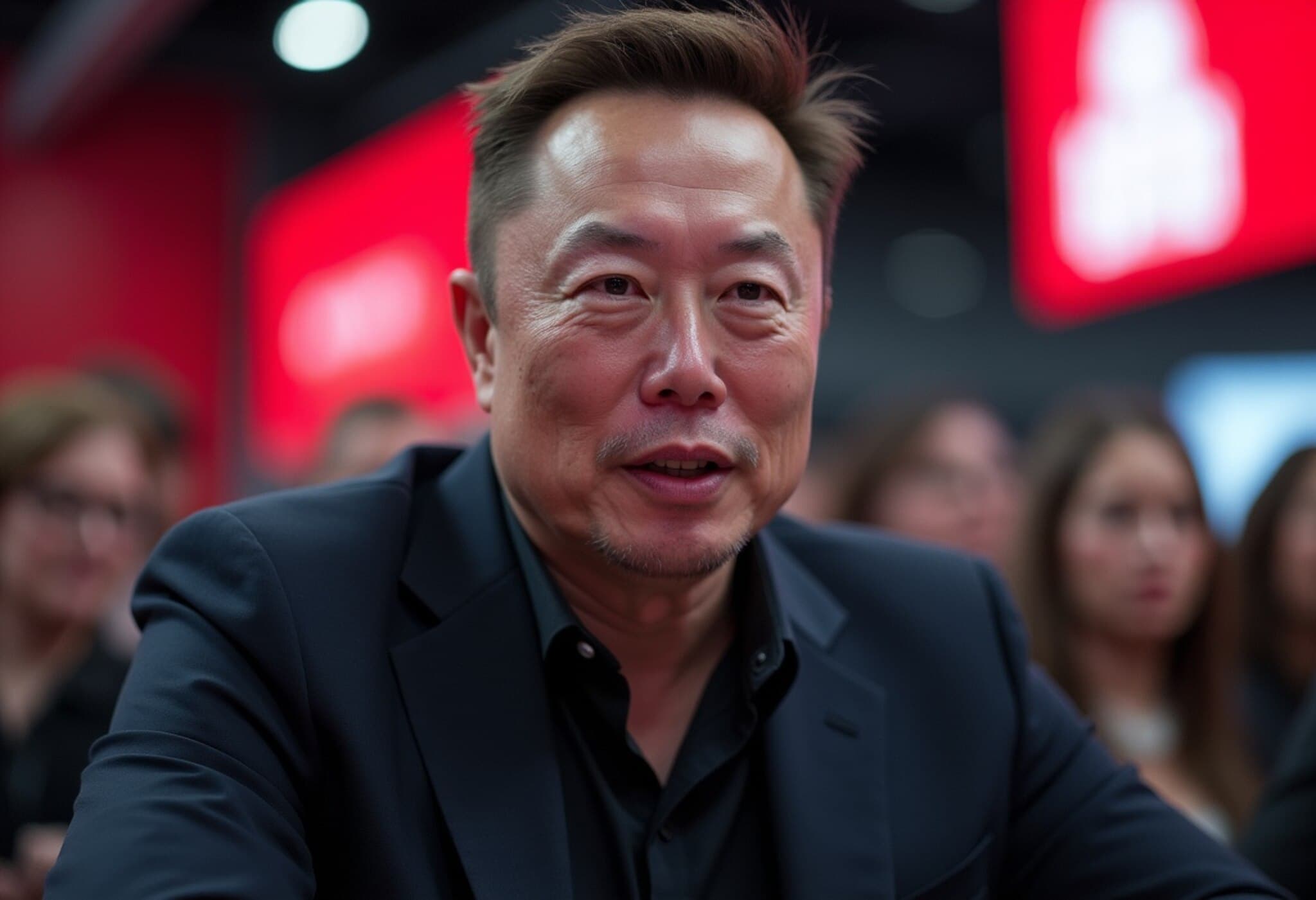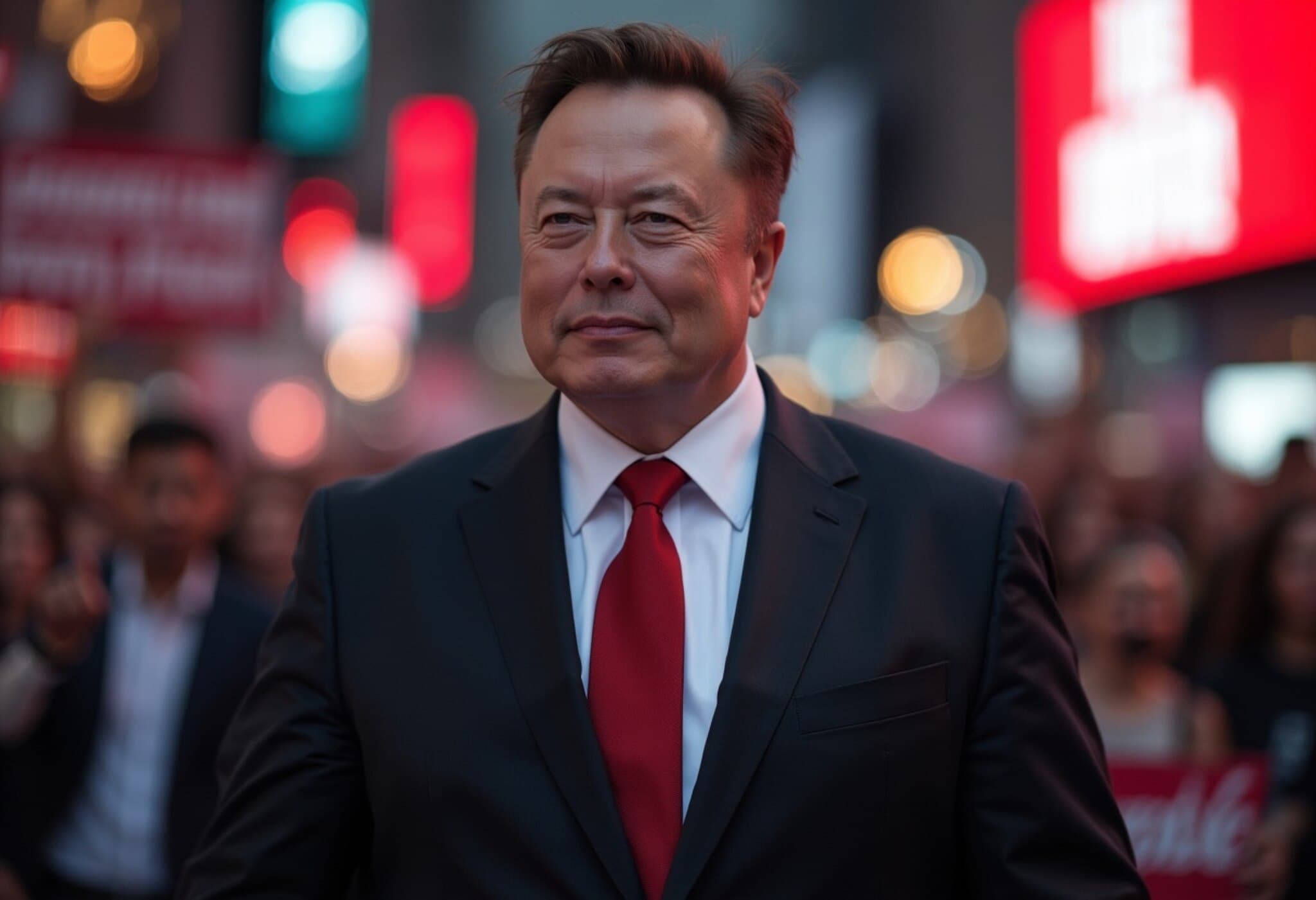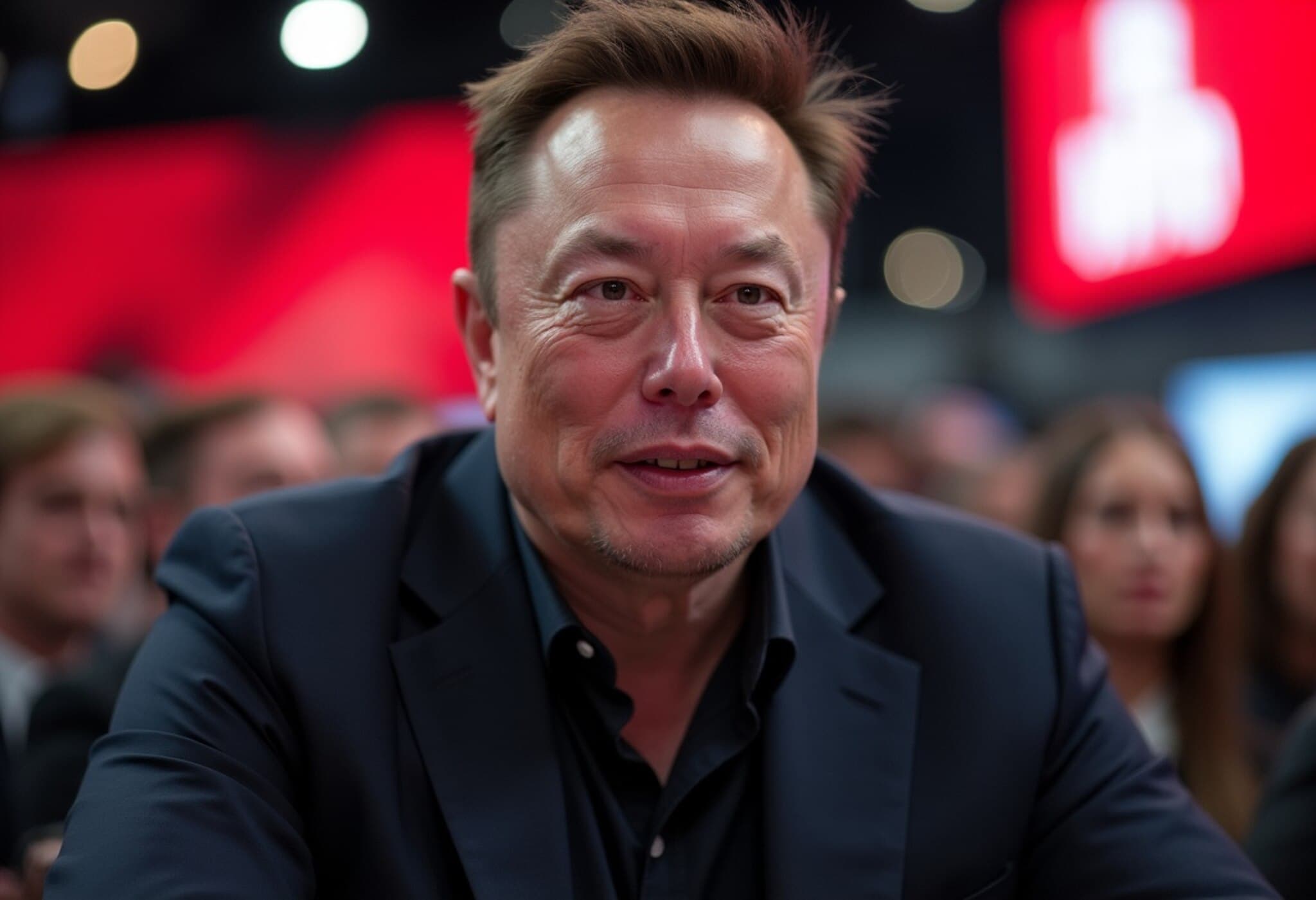Elon Musk's Ambitious Tunneling Project in Nashville Sparks Political Controversy
Elon Musk's Boring Company recently unveiled plans to construct a 10-mile underground transit loop beneath downtown Nashville, igniting a fierce debate between the city's Democratic officials and Tennessee's Republican leadership. Backed by Governor Bill Lee, the initiative aims to revolutionize local transportation by connecting the city center to Nashville International Airport in approximately eight minutes.
Political Divide Over Fast-Tracked Infrastructure
While Governor Lee and other state Republicans have enthusiastically embraced the “Music City Loop”, Metro Nashville's Democratic lawmakers and Mayor Freddie O’Connell have expressed concerns regarding transparency, public engagement, and potential impacts on residents.
Mayor O'Connell stated, “We have a number of operational questions to understand the potential impacts on Metro and Nashvillians,” emphasizing the need for more clarity about the project’s scope and effects.
The urgency surrounding the deal became evident as a state commission comprising Tennessee’s most powerful officials scheduled an emergency public hearing with less than a week's notice. The hearing will discuss a proposed no-cost lease agreement granting The Boring Company access to approximately one football field-sized public property in downtown Nashville.
Concerns Over Community Input and Environmental Safeguards
Democratic State Representative Justin Jones highlighted the exclusion of local participants from meaningful public consultation or environmental assessments. Jones recounted attempts to engage with company representatives during public recruitment events, only to be rebuffed — illustrating a tense atmosphere around the project.
“We’re not even being informed where or what exactly these tunnels are going to run through,” Jones criticized. “Tomorrow they’re voting to give away state land for no cost. But giving away land obviously has a cost.”
Critics also point to Nashville's vulnerability to flooding, given its average annual rainfall of 50 inches — a significant challenge The Boring Company’s previous projects in drier climates like Las Vegas did not have to face. Without a comprehensive environmental impact study, questions linger about potential risks.
Context: Musk’s Growing Business Footprint in Tennessee
This tunnel project represents the next wave of Elon Musk’s expanding influence in Tennessee, following Tesla’s lithium refinery in Texas and his AI startup xAI’s investments in Memphis. Notably, xAI is constructing data centers powered by natural gas turbines in Memphis, which have drawn lawsuits from environmental and civil rights groups claiming increased pollution disproportionately affects local Black communities.
Track Record and Broader Implications
The Boring Company’s pioneering underground transit system in Las Vegas—a roughly two-mile loop serving the convention center—has faced critiques for high costs borne by taxpayers and limited accessibility due to scarce pedestrian entrances. Safety concerns have also surfaced, including repeated OSHA violations and worker injuries during construction.
Moreover, The Boring Company has abandoned plans in other cities, like Chicago, raising questions about the durability and scalability of its projects.
Expert Analysis: Navigating Innovation Amid Public Accountability
As urban centers explore innovative transit solutions to combat congestion and advance sustainability, partnerships with private companies like Musk's can accelerate infrastructure development. However, transparency, stakeholder involvement, and rigorous environmental oversight are critical cornerstones to ensure public trust and project success.
Experts caution that fast-tracked, opaque agreements risk overlooking local needs and environmental constraints, potentially leading to costly consequences and community backlash.
Looking Ahead: What Nashville’s Decision Means for America’s Urban Transit
- Will the state commission's no-cost lease set a precedent for private infrastructure projects on public land nationwide?
- How can communities ensure equitable involvement in projects affecting public spaces and environmental health?
- Can The Boring Company adapt to Nashville’s unique geographical and climate challenges?
As Nashville prepares for Thursday’s pivotal vote, residents and observers alike watch closely to see if innovation will harmonize with democratic process and environmental stewardship.
Editor’s Note
The Music City Loop proposal underscores a broader tension in American urban policy: balancing rapid innovation and investment from tech magnates with the need for inclusive governance and environmental responsibility. Musk’s bold ventures provide exciting possibilities but also spotlight the essential questions cities face when opening their streets—and tunnels—to private enterprises. Nashville’s unfolding story could offer valuable lessons for cities nationwide grappling with the future of transit in an era of climate uncertainty and political polarization.

